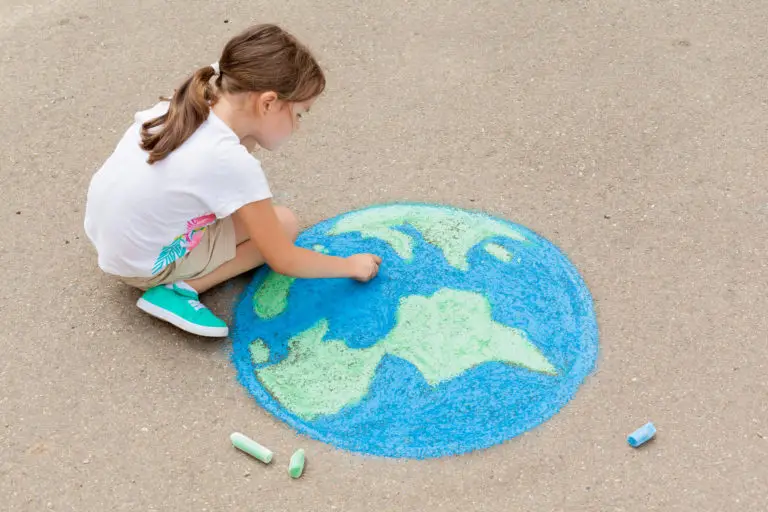Rachael Dillon, Senior Account Executive at PLMR, outlines the Department for Education’s latest policy paper on sustainability and climate change.
As issues around climate change become ever more pressing and an increasing priority in the court of public opinion, it’s now expected that all government departments are setting and delivering on sustainability goals. This is particularly pertinent for the Department for Education (DfE), which needs to ensure the sector’s operations and settings are becoming more sustainable, whilst simultaneously equipping future generations with the skills and awareness needed to tackle environmental challenges.
The DfE’s recent policy paper, entitled Sustainability and climate change: a strategy for the education and children’s services systems, outlines the Department’s targets and strategic aims for sustainability in relation to England’s education sector, particularly looking at reducing the environmental footprint in the drive towards net zero. It highlights how the Department will seek to meet these objectives by investing its efforts across a number of key action areas.
Informed by young people, sustainability and climate change experts and sector representatives, the paper brings together short, medium and longer-term actions. The strategy is to 2030, but actions will be reviewed and updated annually to respond to new opportunities, scientific updates, evidence and data. Although the focus will be on the environmental aspect of sustainability, the Department will also consider how these interact with the social and economic aspects of sustainability.
The overarching vision is for the United Kingdom to be the world-leading education sector in sustainability and climate change by 2030. The strategic aims of the paper revolve around ensuring excellence in education and skills for a changing world; supporting the drive to net zero; building resilience to climate change; and creating a better environment for future generations.
Key action areas
In order to implement this strategy, the Government has divided it into five key action areas: climate education; green skills and careers; the education estate and digital infrastructure; operations and supply chains; and international action.
Action area 1: Climate education
The first key action area aims to empower young people to be global citizens through a better understanding of climate change and a greater connection to nature. This would be implemented by continuing to build on what is already in place, i.e. through many programmes within the national curriculum. Meanwhile, the Government is introducing a number of additional measures, including a natural history GCSE, a National Education Nature Park and the Climate Leaders Award, all of which aim to ensure young people are actively engaged in climate education. Teachers are also being offered additional support and training to incorporate climate change and sustainability into their lessons.
Action area 2: Green skills and careers
The Department plans to harness young people’s passion and interest in climate change and sustainability to enable them to have the knowledge and skills (in STEM and other key subjects) required for green jobs. They will seek to inspire young people to choose career paths that support the transition to net zero, restoration of biodiversity and a sustainable future, as well as continuing to support adults already in work to retrain and reskill in line with the needs of the green economy. A T Level in agriculture, land management and production, which will be in place by September 2023, as well as the Institute for Apprenticeships and Technical Education’s (IfATE) Green Apprenticeships Advisory Panel were amongst the initiatives highlighted that will support with this.
Action area 3: Education estate and digital infrastructure
A green, sustainable education estate that is resilient to the impacts of climate change will normalise and inspire young people to live sustainable lives, with impact felt widely in their families and communities. Improving the physical environment in and around education settings will positively impact both the physical and mental wellbeing of children and young people. The focus until 2025 will be piloting – gathering evidence and sharing research to learn from our experience. From 2025 onwards, the Government will accelerate change once the best value for money approach is understood.
Included in the strategy is the commitment that all new school buildings delivered by the DfE (not already contracted) will be net zero in operation. Meanwhile, in existing estates improved collation and use of data on energy usage, water, heat and biodiversity will allow individual settings, and the DfE, to make evidence-based decisions on where to act and invest to make the greatest impact. By 2025, the Government aims to have supported all education settings to put in place Climate Action Plans.
Action area 4: Operations and supply chains
Sector representatives have confirmed that they have had the greatest results in driving sustainability in their operational processes when action has been linked to learning, and the Government wants to support the sector to embed sustainability into its settings.
This support will include schemes like carbon literacy training; piloting a food curriculum and whole-school approach to food; reviewing existing procurement frameworks and identifying those where net-zero targets can be applied; and ensuring education settings will be supporting a circular economy by 2030.
Action area 5: International
The DfE has committed to working across Government through the DfE’s key bilateral relationships to take positive international action to enhance climate change and sustainability learning in and outside of the classroom.
What’s next?
Even before this policy announcement, many stakeholders across the education sector will have already been working to ensure their organisations are taking part in the wider sustainability agenda. However, in the wake of the pandemic the sector has been facing unprecedented pressures, making it difficult to invest time and resources into more big-picture strategies. Hopefully this announcement and the subsequent implementation of policies will help provide the support and direction the sector needs to make those strides towards a more sustainable future.




